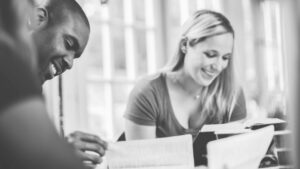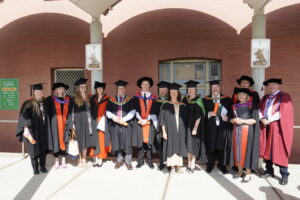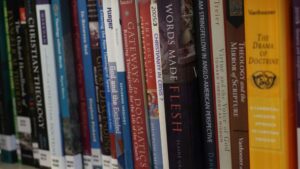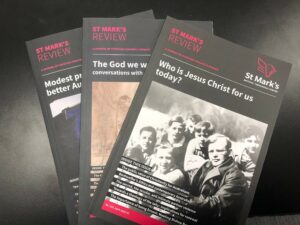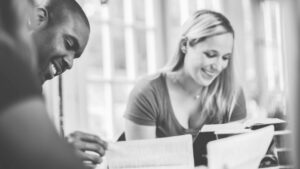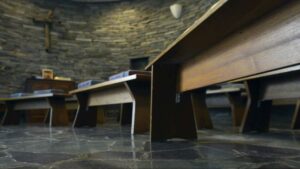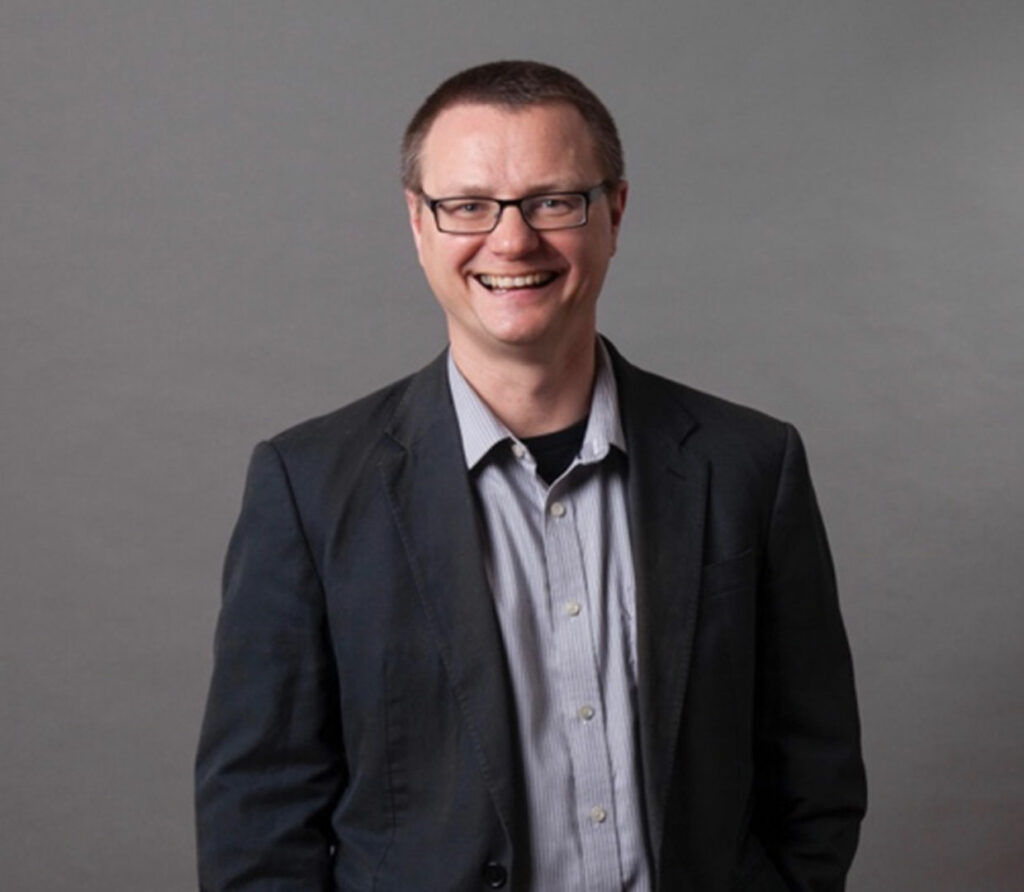About the lecture
In her recent work ‘Scars Across Humanity’ (2015), British theologian and sociologist Elaine Starkey outlines different forms of gender-based violence which women can experience across their life-cycle. This lecture will draw on Storkey’s work and on feminist biblical approaches for a careful reading of 2 Samuel 15-16 which explores the violence against the ten concubines left to look after King David’s house when David fled Jerusalem to escape his son Absalom. It will highlight David’s shameful response to the concubines when he returned to Jerusalem (2 Samuel 20), and will ask how churches can do more to avoid victim blaming and victim shaming in their response to violence against women.
David’s current research focusses on religion, violence, and peacebuilding, and especially on Christian responses to gender-based violence and sexual abuse. He will outline his work with the Episcopal Development Agency in New Zealand on responses to violence against women.
David will assist us toward further constructive church responses to it in Australia, in conversation with St Mark’s Review issue 243 ‘When women speak: domestic violence in Australian churches’.
About the speaker
THIS EVENT HAS ENDED.
David Tombs is the Howard Paterson Chair of Theology and Public Issues at the University of Otago, Aotearoa New Zealand, and a Research Fellow at the Faculty of Theology, University of Free State, Bloemfontein, South Africa. He has a longstanding interest in contextual and liberation theologies and is the author of Latin American Liberation Theologies (Brill, 2002).
His current research focusses on religion, violence, and peacebuilding, and especially on Christian responses to gender-based violence, sexual abuse, and torture. He is originally from the United Kingdom and previously lectured in theology at the University of Roehampton in London (1992-2001), and then on a conflict resolution and reconciliation programme in Belfast, Northern Ireland, for the Irish School of Ecumenics, Trinity College Dublin (2001-2014). He has degrees in theology from Oxford (BA/MA, 1987), Union Theological Seminary New York (STM, 1988), and London (PhD 2004), and in philosophy (MA London, 1993).
